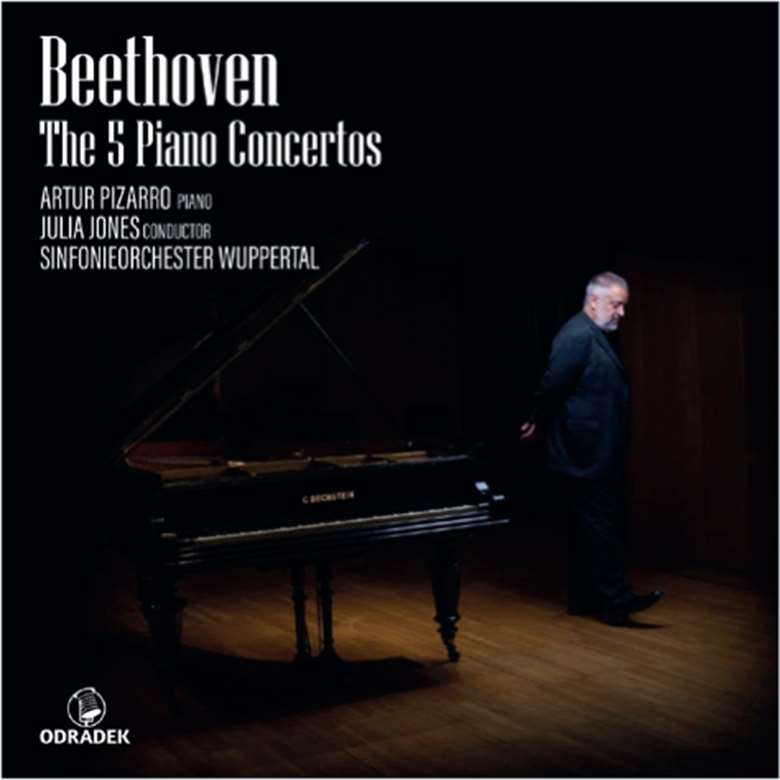Beethoven: The 5 Piano Concertos (Artur Pizarro)
Guy Rickards
Wednesday, November 2, 2022
Pizarro's booklet note suggests this was a happy project for him, which can be heard reflected in the performances

Register now to continue reading
This article is from International Piano. Register today to enjoy our dedicated coverage of the piano world, including:
- Free access to 3 subscriber-only articles per month
- Unlimited access to International Piano's news pages
- Monthly newsletter






